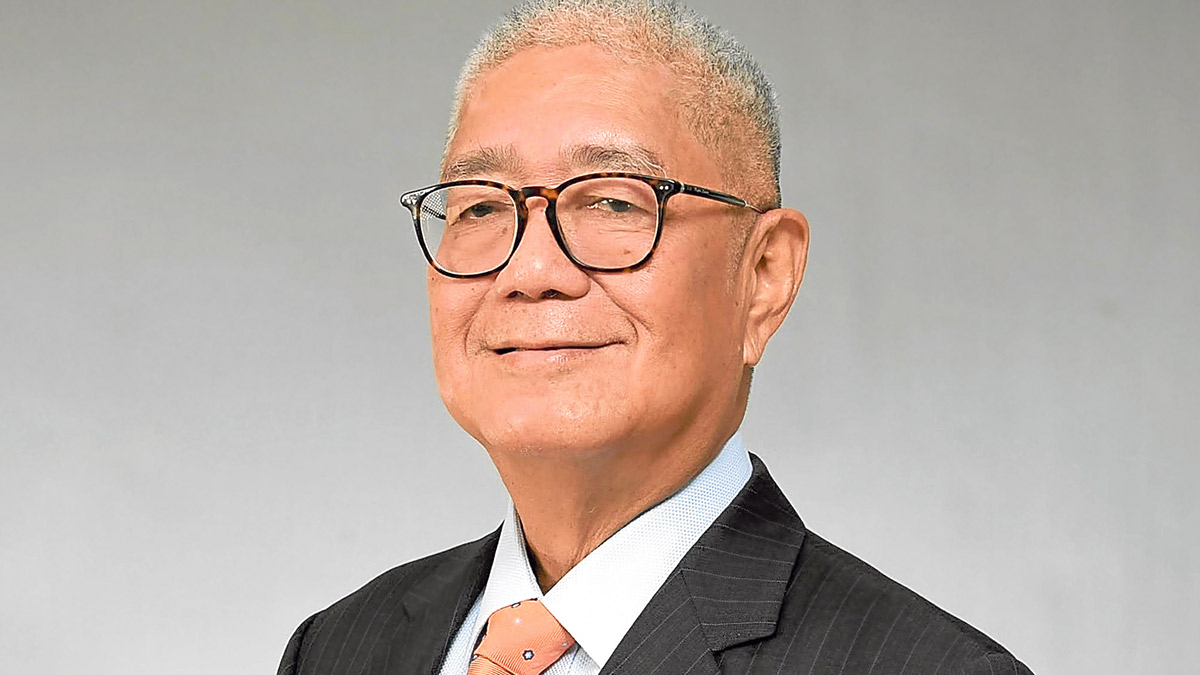Remolona: BSP will not wait too long to cut key rates
The Bangko Sentral ng Pilipinas (BSP) will not wait too long to cut rates to avoid “unnecessary” loss of economic output due to tight financial conditions, Governor Eli Remolona Jr. said, adding that the better-than-expected June inflation gave the central bank “more scope” for possible easing in August.
“The inflation numbers look good. But we’re not there yet. The last mile is tricky because there is a risk that we will overdo it,” Remolona said in a forum hosted by the Economic Journalists Association of the Philippines (Ejap) on Monday.
“When I said that we have to be cautious or we have to be careful, that basically means we have to not wait too long for easing because the longer we wait for easing the more likely it is that we will cause a loss of output, which we don’t want,” he added.
READ: Inflation slows to 3.7 percent in June — PSA
Data released last week showed inflation eased to 3.7 percent in June from 3.9 percent in May, snapping four straight months of ascent mainly due to lower costs of electricity and transportation.
While the softer price growth last month reassured the BSP, Remolona also said there was still a “50-50” chance of inflation overshooting the 2 to 4 percent target band in July due to distortions from base effects—a scenario that, he explained, was already taken into account when he gave clearer signals of easing.
Ahead of the Fed?
At its last policy meeting in late June, the Monetary Board (MB) kept the key rate unchanged at 6.5 percent—the tightest in over 17 years—as it sees fewer upside risks to its inflation outlook following the decision of the Marcos administration to further slash the tariff on rice, a major food staple.
For that reason, the BSP chief said it was now “somewhat more likely” that the MB would cut the policy rate by a total of 50 basis points (bps) this year—with the first 25-bp cut possibly in August and ahead of the US Federal Reserve, which markets expect to ease in September.
“What happens in our policy decisions is always relative to whether the news is better than expected. And 3.7 [percent June in flation] is better than expected, so there’s a bit more scope for easing, possibly in August,” he said.
The urgency of the BSP to not wait too long for easing came at a time some Fed officials are calling for “patience” on cutting interest rates.
READ: US Fed officials stressed ‘patience’ on rate cuts: minutes
As it is, there are some market watchers who pointed out that the BSP cannot ease ahead of the Fed. This is because the peso may come under pressure if local yields become less attractive to foreign investments seeking high returns while interest rates are still high elsewhere, especially in the US which is considered a safe haven by investors.
A sharp currency slump could risk fanning inflation by making imports more expensive. It can also bloat the peso value of foreign debts held by the government and Philippine companies.
But Remolona was unfazed, arguing that the pass-through effect of a weak peso on inflation “is not very large.” He also said the action of the US central bank is “not a decisive factor” for the BSP in terms of monetary policy loosening.
“The US is facing sticky inflation, so they’re reluctant to cut. But nonetheless, I think they may cut sometime this year, and we may cut sometime this year. We just don’t know who will be first. So that’s up to the data,” he said.
Cheaper rice
In the same Ejap forum, Finance Secretary Ralph Recto said the government expects an average 10 percent reduction in the retail prices of rice for the rest of the year due to tariff cuts. Rice inflation in June slowed down to 22.5 percent, from 23 percent in the previous month.
“This could lower the price of rice by at least P5 per kilo. From an average of P54.40 per kilo last June, prices could go down to below P50 as early as August,” Recto said.
“The lower rice tariff will help reduce the overall inflation rate for the year to an average of 18 percentage points, from 3.5 percent to 3.3 percent,” he added.
Despite the projected revenue losses amounting to P9 billion for the year, Recto said that the government’s move to lower the import duties on the staple grain to 15 percent, from 35 percent previously, is necessary to bring down inflation.
“Had we not taken this step, rice prices would have remained above P50, causing significant pain for consumers,” he added. INQ
